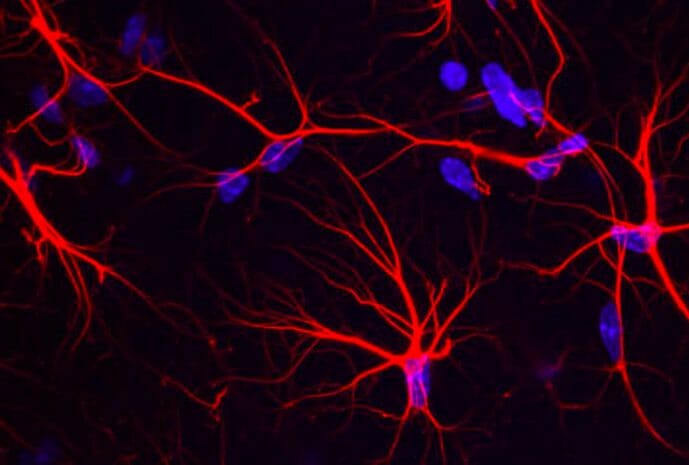Can boosting the brain’s metabolism help treat or prevent Alzheimer’s disease? Scientists are taking a closer look.
The factors that contribute to the development of Alzheimer’s disease are complex and varied. Scientists know that the buildup of tau and amyloid proteins is one of the biggest markers of the disease. But researchers continue to explore other factors that may come into play to trigger the brain’s neurodegenerative spiral in Alzheimer’s—like inflammation, the immune system, traumatic brain injury and even metabolism.
The Brain’s Metabolism in Alzheimer’s
It’s the brain’s metabolism that researchers in France recently concentrated on in a new study. The study authors argue they’ve identified another path to potentially help reduce the memory loss that’s associated with the disease.
The brain, being involved in tremendous amounts of work to regulate our bodies, uses up a large amount of energy. And researchers know that when Alzheimer’s disease hits, there tends to be some metabolic impairment visible in the brain as well. Research has shown that patterns of decreased glucose metabolism are seen in the brains of people with Alzheimer’s, though scientists aren’t entirely sure why it happens.
There is also a large amount of research that has linked type 2 diabetes with dementia—and examined the association between other impaired metabolic functions, like hormonal disorders or hypothyroidism, with damaged brain function.
Supplementing Brain Cells With an Amino Acid
In the most recent study, researchers sought to piece together a little more of this puzzle. In mouse models, they aimed to find out whether a drop in this energy metabolism had a direct effect on cognitive decline associated with Alzheimer’s.
The researchers found that decreased glucose metabolism in the brain led to a reduction in the production of a certain amino acid known as L-serine. Serine is a naturally-occurring amino acid produced by astrocytes in the brain, but can also be found in supplements.
L-serine has been known to trigger NMDA receptors, which are important in keeping the brain functioning properly and maintaining memory as well. When there was less L-serine in the brain, the researchers observed decreased activity in NMDA receptors, leading to impaired cognitive function and memory in mice. When they restored L-serine levels in the mice, memory seemed to return to normal.
“Supplementation with L-serine in the diet prevents both synaptic and behavioral deficits in Alzheimer’s disease mice,” the researchers wrote. “Our findings reveal that astrocytic glycolysis controls cognitive functions and suggest oral L-serine as a ready-to-use therapy for Alzheimer’s.”
However, research would need to be taken much further before researchers recommend people take L-serine supplements. The next steps would be to test L-serine as a potential therapy in human clinical trials.





